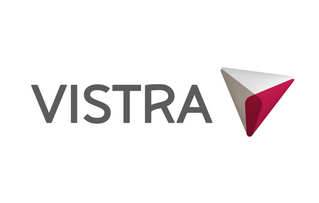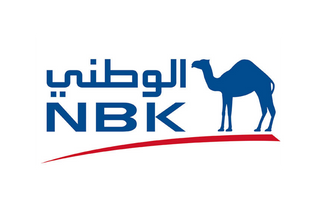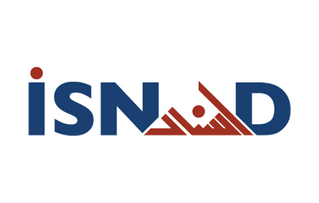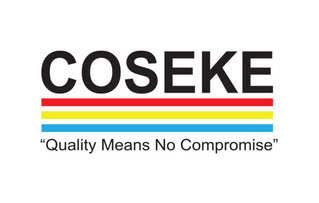Course Objective
The Certified International Financial Modeling Analyst (CIFMA) program is designed to equip learners with one of the most critical and in-demand skills in today’s global financial landscape. With rising economic uncertainty and frequent market disruptions, organizations increasingly rely on robust financial models to guide strategic decisions.
Earning the CIFMA certification not only gives professionals a competitive edge but also empowers them to anticipate market trends, evaluate risks, and design data-driven financial strategies. The demand for skilled financial modelers is growing rapidly, and CIFMA provides comprehensive training to build strong technical and analytical capabilities.
The CIFMA program develops a deep understanding of financial documentation, financial statement analysis, cash flow evaluation, investment assessment, and valuation techniques. It guides learners in constructing real-world financial models using practical assumptions that reflect industry standards. This course is your pathway to mastering financial modeling with a global perspective.
Prerequisites
There are no mandatory prerequisites for the CIFMA certification. The program is ideal for employees, business owners, managers, consultants, and anyone looking to strengthen their financial modeling and spreadsheet skills.
A basic understanding of high school mathematics and pre-calculus is recommended for smoother learning.
Target Audience
The Certified International Financial Modeling Analyst (CIFMA) program is tailored for individuals who aim to strengthen their financial decision-making, analytical expertise, and valuation capabilities. It is especially beneficial for:
Banking and Investment Professionals
Those involved in credit analysis, treasury, investment banking, or portfolio management who require strong modeling abilities to evaluate financial performance, assess risk, and support strategic investment decisions.
Equity Analysts
Professionals who analyze stocks, evaluate company valuations, study market trends, and prepare financial forecasts. CIFMA enhances their ability to build accurate valuation models and deliver insightful research reports.
Chartered Accountants in M&A or Corporate Finance
CAs handling due diligence, business valuations, mergers, acquisitions, and strategic financial planning will gain advanced modeling skills to support negotiations, deal structuring, and financial assessments.
MBA Graduates in Finance or Commerce
Students and fresh graduates looking to enter the finance domain with a strong foundation in financial modeling, forecasting, and valuation to secure roles in consulting, analytics, banking, and corporate finance.
Finance and Business Professionals
Managers, consultants, entrepreneurs, and decision-makers who want to understand financial feasibility, investment planning, business valuation, and scenario analysis to improve organizational outcomes.
Training Outcomes
Upon completing the Certified International Financial Modeling Analyst (CIFMA) program, learners will be equipped with a strong analytical foundation and advanced practical skills essential for real-world financial decision-making. The program ensures mastery in the following areas:
Exploratory Data Analysis (EDA)
You will learn how to examine raw financial data, identify patterns, detect anomalies, and extract meaningful insights. EDA helps in understanding market behavior and preparing data for accurate modeling.
Model Building and Optimization
Gain hands-on experience in constructing dynamic financial models from scratch. You will also learn how to refine, validate, and optimize these models to improve accuracy, reliability, and usability in strategic decision-making.
Inferential Statistics
Understand how to draw conclusions and make predictions about a larger population based on sample data. This skill is essential for forecasting market trends, evaluating financial risks, and making data-backed decisions.
Advanced Financial Statement Analysis
Develop the ability to interpret income statements, balance sheets, and cash flow statements at a deeper level to assess business health and profitability.
Scenario & Sensitivity Analysis
Learn how to test the impact of changing assumptions—such as pricing, cost, interest rates, and market conditions—on financial outcomes, helping you prepare for uncertainty.
Valuation Techniques
Gain hands-on experience with valuation methods including DCF (Discounted Cash Flow), comparable company analysis, precedent transactions, and asset-based valuations.
Forecasting & Budgeting Skills
Understand how to create forward-looking financial projections and budgets that help organizations plan growth and allocate resources effectively.
Dashboarding & Data Visualization
Learn to represent financial insights visually through charts, dashboards, and interactive reports to improve decision-making and communication with stakeholders.
Excel Automation & Advanced Functions
Master advanced Excel tools such as macros, pivot tables, financial formulas, and automation techniques to speed up modeling tasks and reduce errors.
Industry-Specific Modeling
Build financial models tailored to various industries like manufacturing, banking, retail, real estate, and tech—making the learning more practical and job-ready.
Risk Assessment & Mitigation
Understand how to identify potential financial risks, quantify them, and build models that help in designing better risk-management strategies.
Investment Analysis & Portfolio Evaluation
Learn how to assess investment opportunities, evaluate portfolio performance, and use modeling techniques to optimize returns while minimizing risk.
Capstone Project on Real-World Financial Data
Apply all concepts learned by creating a full-scale financial model using actual market or company data—ensuring practical, job-ready experience.


































